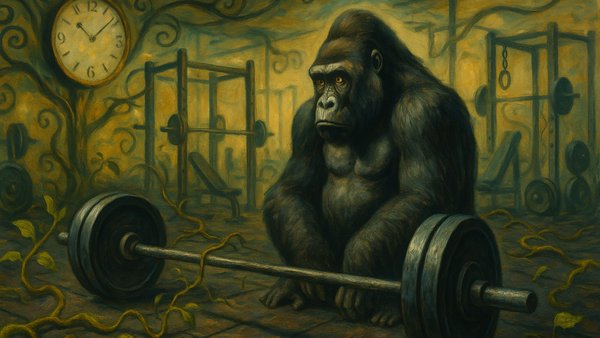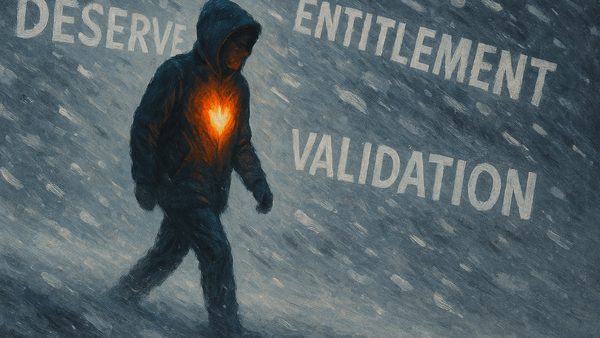Qualities of Kings
Successful societies need kings. Learn about their unique qualities and get inspired to develop these qualities in yourself.
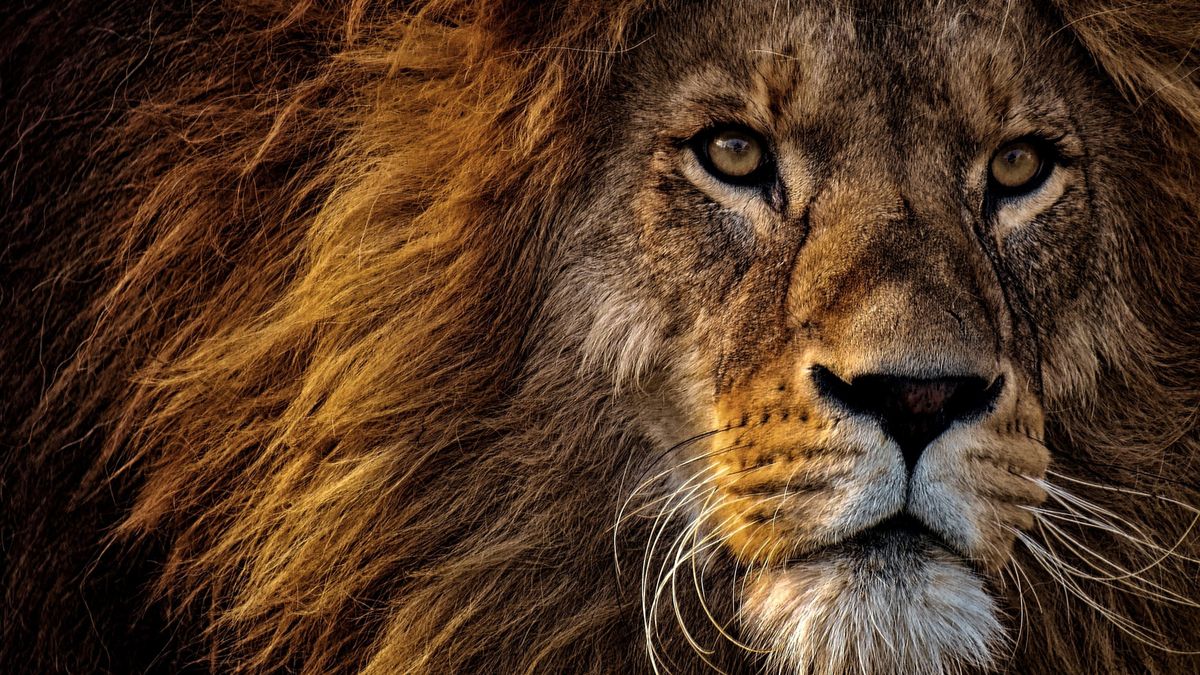
What is it that separates the king from the ordinary man or the politician? What is it that separates him from the child and the woman? What is it that separates him from the capitalist and the socialist? And what is it that separates him from the tyrant?
- The child’s primary concern is the immediate satisfaction of its material and emotional needs.
- The woman’s primary concern is the immediate material and emotional care for her offspring—or for a substitute or herself if she is childless.
- The ordinary man’s primary concern is the degree of his own status and material success in relation to other men.
- The politician’s primary concern is to credibly mirror the ever-changing and promiscuous needs of the voter base (given a democratic and not an aristocratic form of government).
- The socialist’s primary concern is to distribute means of production and material wealth from private ownership to some form of social ownership through the expropriation of the individual, either by the application of coercion or legal legitimation, to establish some form of material equality or justice.
- The capitalist’s primary concern is the profit-oriented accumulation of capital within competitive markets, based on voluntary exchange and the private ownership of the means of production.
- The tyrant’s primary concern is to maintain and expand his power through the application of coercion, typically justified by ideology.
The common trait is that these groups generally subordinate the needs and desires of all other interest groups—of other individuals as well as society as a whole—to their characteristic primary objectives. They all tend to use morality flexibly for individual utility maximization (strategic scheme whereby individuals and groups of individuals like companies or states seek to achieve the highest level of satisfaction from their economic decisions). Whatever moral standpoint is suitable to optimally serve the specific group’s primary concern will be adopted.
The king on the other hand has developed a very specific set of qualities within himself. The faculty to relativize and weigh off all egoistic individual and societal interests against each other—including his own—and to allocate resources accordingly to maximize the overall success of the populace while simultaneously protecting the needs and desires of the individuals. And if it should be necessary and appropriate he puts his own needs aside in favor of the greater good; because he knows that personal sacrifices are insignificant to the competitiveness of the group and its atomic particles.
A king is a servant. He is not elected, his rule is legitimized by his bloodline and he is accountable to God only. He manifests as an ever-present source of strong compassionate guidance, structure, and protection. Carrying his duty and selflessly providing his service until he feels his energy dwindling. Accepting the end of his era when he sees it approaching, without any more fighting and without resentment, regret, or fear, equanimously and contentedly anticipating the relief from his reign to rest in peace. Nevertheless carrying his role until the very end, sacrificing himself for the preservation of his kind. And when he abdicates or is killed while overthrown, officials and successors are preparing the funeral in his honor.
A function that requires an immense level of willpower, insight, judiciousness, foresight, and self-mastery. On a small scale, this duty is carried out by the head of the family. What the king is for his people, the father is for the family. A role that offers no personal gain.
The characteristics of the knight are of a similar nature, but aimed at the operational execution of the measures that result from the king’s evaluation process. His duty is focused—but not restricted—to specific thematic or localized matters.
We can observe this dynamic in the animal kingdom as well. That’s presumably why biology calls it kingdom in its taxonomy.
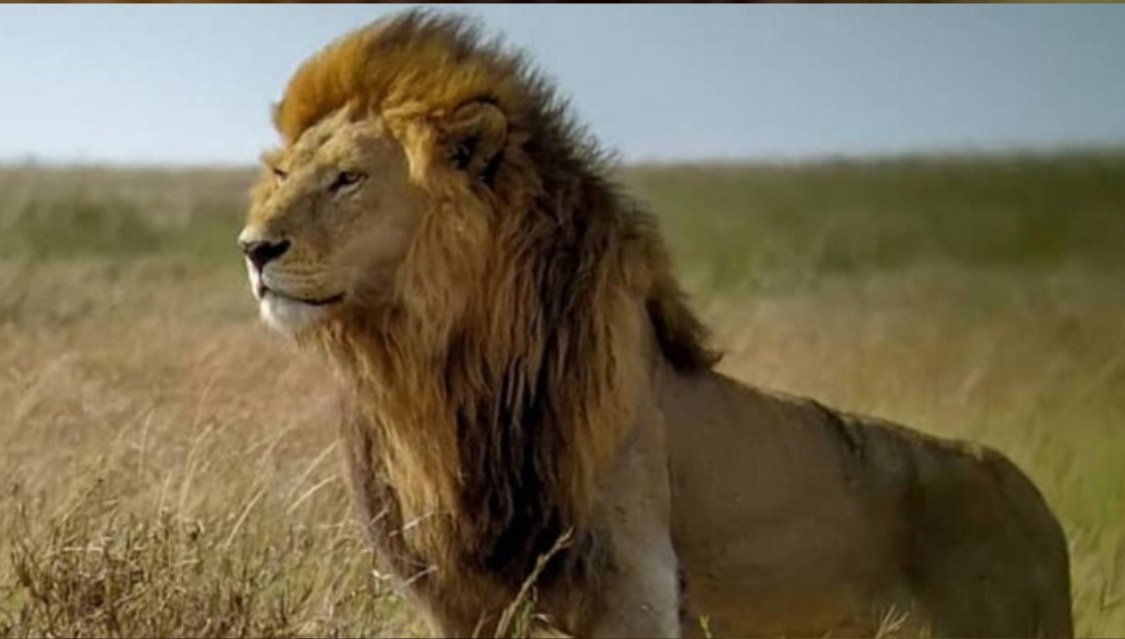
The “photogenic” and “coolest cat” in the Serengeti, Bob Jr had a fearsome reputation among his rivals and had ruled for seven years with the help of his brother, Tryggve.
[...]
Bob Junior reportedly did not put up a fight when he was attacked and killed on Saturday.
[...]
Wildlife officials are preparing a special burial on a day yet to be announced. The Serengeti in northern Tanzania is home to about 3,000 lions, and is popular with local and foreign tourists. Tributes to the fallen king have been posted online, including by tour operators.
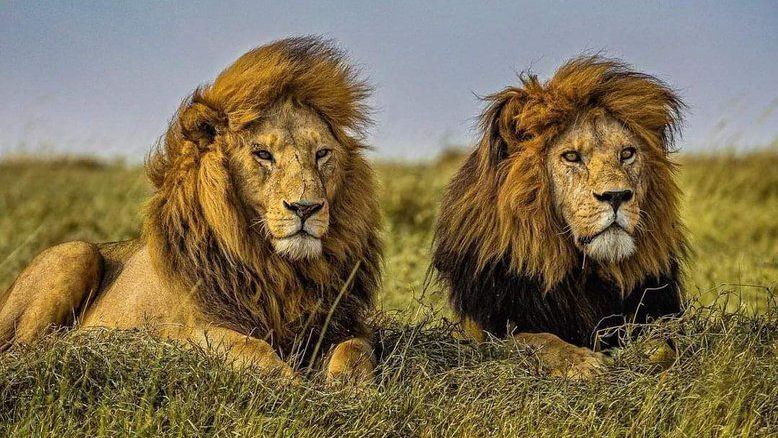
Let me also take this opportunity to recommend the glorious animated movie The Lion King (1994), which perfectly depicts these qualities of kings in a simple, yet educational manner, and sets them beautifully in contrast to the tyranny of Scar and the carefree lifestyle of Timon und Pumbaa.
Particularly in modern societies young boys are no longer properly initiated to these noble qualities, which creates an immense vacuum in masculine energy that generally manifests as a lack of structuring and loving compassionate challenge and guidance. Although most modern societies are not structured as monarchies anymore, kings we need nevertheless. Without kings, societies turn into consumptive, pleasure-oriented meaninglessness that slowly disintegrates.
We must come back to enabling our sons to develop these qualities of kings within if we are to lay the foundation for healthy and strong families and societies based on moral standards rather than opportunism. And if we want to enable our sons, we must work on these qualities for ourselves first.
Seek to develop the qualities of a king and learn to execute like a knight.
Did you enjoy this article? Please consider contributing to this publication’s financial freedom.
Flows straight into content, not coffee.


